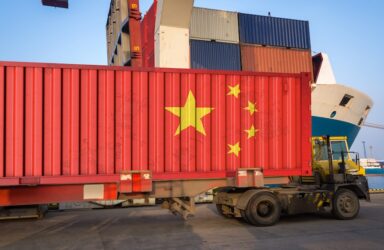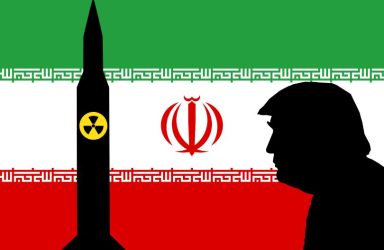African PCCs and Economics
Economic factors are central to the genesis, progression and resolution of African PCCs. Foreign states and aid agencies must respond with techniques that economically disincentivise combatants.
Why Australia Fears China’s Rise: The Growing War Consensus
Inter-state war is threatening to make a dangerous come-back. But the good news is that great power war can be prevented.
The Leverage of the OSCE and EU on Romanian and Estonian Minority Policies
This article applies and discusses a historical institutionalist approach and a contextual approach to domestic receptiveness in Estonia and Romania on minority issues to leverage applied by the Organization for Security and Cooperation in Europe and the European Union. It concludes that in this case a historical institutionalist approach provides a better explanation of receptiveness and offers more predictive power. The historical dimension of the country and its minority issues is better discussed by this structural approach.
The China-ROK Relationship: A Blueprint for China on a Wider Stage?
China’s growing influence in the international system is receiving a lot of attention, both positive and negative. In some quarters, China’s ‘rise’ is complete. This growth is especially felt in North East Asia. Therefore, the Republic of Korea needs to take great interest in China’s future role on the regional and global stage, concerning it’s relations with its northern neighbour as well as their close cooperation with the US.
Why did the EU enlarge to the East? A Neo-Gramscian critique of Schimmelfennig’s Constructivist Approach
Enlargement has been fuelled by transnational actors, aiming to enhance the economic prospects of transnational capital within Europe, and secure the interests of the hegemonic bloc. It was part of a wider process to increase economic competitiveness and remove internal barriers to trade.
The efficacy and moral considerations of negotiating with terrorist groups, violent militias and mercenaries
Whether the ends justify the means is an impossible question to answer decisively. How unpalatable are the means and how desirable the ends? There is no definitive rulebook on how violent organisations such as Hamas need to be handled. Each example illustrates a different dynamic that requires a different response.
How Appealing are CBRN Weapons to Terrorist Groups?
Chemical, biological, radiological and nuclear (CBRN) terrorism is often portrayed as one of the greatest threats facing the world. But to the rational terrorist, acting with concern to the strategic considerations of external support, possible retaliation and mass-casualty outcomes, CBRN weapons are of limited appeal.
An Introduction to Ecofeminist Thought for International Relations Students
Ecofeminism maintains that global environmental protection is possible because gender and patriarchy are social constructs.
From Treaty Ports to BRI Courts: China’s Legal Statecraft, Then and Now
China’s BRI-era ‘one-stop’ dispute-resolution model, centred on the China International Commercial Court (CICC) reverses treaty-port extraterritoriality by turning legal pluralism from an imposed constraint into invited jurisdiction through China-led venues.
Opinion – How Could Iran Survive Trump’s Maximum Pressure 2.0?
Iran will benefit if it succeeds in forming alliances with regional rivals and restoring dialogue with Europe, while maintaining ties with Russia and China.






